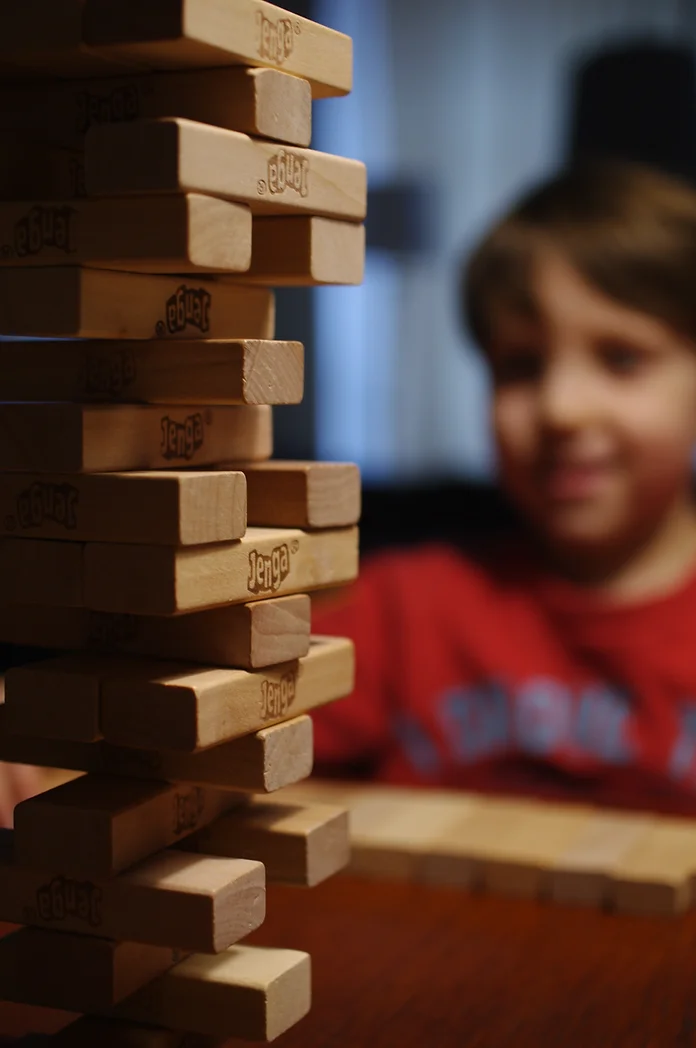Consumed by our busy lives and putting all our energy into keeping the train on the tracks, raising resilient kids might not be at the top of our list. It’s worth some thought, as learning to fail, adapt, regulate emotions, problem solve, show empathy and integrity and form healthy, happy relationships are important skills for our children to embrace – today more than ever.
How do we build resilience faced with our full-on family lives? It starts with the language we use. Our words have great power and I’ve found that these sentence starters help keep me on track and help me stay calm when emotions run high, and I lose sight of the long game – raising resilient kids who thrive.
1) “I’m wondering what you think?”
It’s so tempting, and much faster, to tell our kids what to do, what to think or what to say. I am forever catching myself saying. “I think you should…” or ‘If I were you, I would…”
It’s natural, as we want our kids to get it right, get it done and as we have a lifetime of experience to draw upon, we’re usually right. But, when we let them do their own thinking, they won’t always get it right, but they are doing vital learning and growing in competence which builds confidence.
2) “Yesterday morning didn’t go very well for any of us…”
Being honest and willing to revisit and problem solve WITH our kids when things don’t go well is good teaching and good modelling. Perhaps the kids had a hard time remembering the routine and you ended up shouting. No blame or judgement are needed but rather, humbly and respectfully, working together to come up with a practical solution. This teaches our kids that mistakes are part of life; it shows them how to make amends and collaboratively find solutions; and it models resilience.
3) “You look really sad, that must have been really tough”
Empathy is the first step in helping our kids manage big emotions and build resilience. Our calm understanding and validating presence send the message that all emotions, no matter how uncomfortable, are ok. Some behaviours naturally need to be redirected but only after we have calmly connected.
When our kids experience, repeatedly, that emotions, including big ones such as fear, anxiety, jealousy, anger, are manageable and that they can cope and that we ALL experience big feelings, they are better prepared to take on whatever comes their way and better able to empathise with others and form healthy relationships.
4) “How did you feel it went?”
I’m not asking about the outcome, the result or who won or lost. I am focusing on the input, the experience, the journey. We know that instilling a growth mindset in our kids – that willingness to give tough things a go and to struggle – builds resilience. Do we want to know who won or would we rather understand their experience and have them focus on what they put in. Growth mindset kids are resilient.
5) “Wow, that was thoughtful”
Research shows us that we notice more of what we are looking for and that we get more of the behaviours that we acknowledge in our kids. When we catch our kids doing the right thing and mention it, rather than our default setting of pointing out first all the things they get wrong, we are reinforcing the behaviour we’re looking for and building a positive connection. We’re building competence, confidence and self-esteem. It’s the growing sense of self-worth that is the bedrock of resilience.
Give these five sentence starters that quietly and consistently build resilience a go!
If you’d like a toolbox of practical, effective strategies to help your unique family thrive, please get in touch.
This article was written by Heather Rutherford, parenting coach. Heather empowers parents to approach the inevitable juggle of family life with confidence, compassion and consistency to raise happy resilient kids.
July 28, 2022

